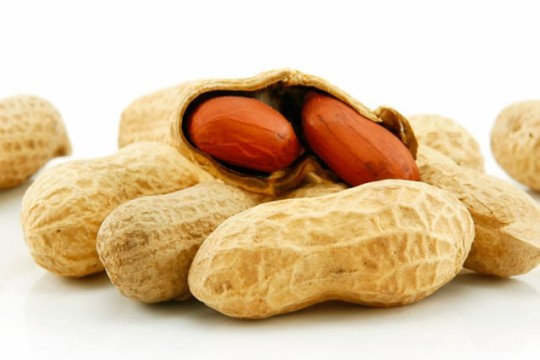Peanut allergy: Symptoms and remedies
The allergy is the reaction of our organism to an allergen that recognize as an enemy. There are many types of allergies not to be confused with intolerance, one of the common allergies to nuts and, specifically, to peanuts and certain proteins containing.
The symptoms can range from hives to difficulty breathing or gastrointestinal disorders. In severe cases it can cause anaphylactic shock, so the symptoms should not be underestimated. The solution is to avoid eating peanuts, even when they are hidden in foods (cakes, snacks, ice cream …). Let’s see, further, what is this allergy.
Symptoms
The most common symptoms of peanut allergy are breathing difficulties, coughing and hoarseness. There may also be a constriction in the throat, making it difficult even breathing, especially in cases of more severe reaction. In the skin are typical symptoms of hives, redness and itching, and the swollen eyes and weep.
The face may swell due to problems with blood pressure, symptoms that may be accompanied by dizziness. Other symptoms that may also occur are digestive problems such as stomach pain, diarrhea and vomiting.
The remedies
If you are allergic to peanuts, it is essential to avoid eating this food. The allergic reactions to food can increase as we get older, even to be hazardous not only the intake of the food itself, but even come into contact with it. In the case of peanuts not only should avoid them to the natural, but also all food products among its ingredients, including peanuts. Therefore, it is important to always read the product label, and if we eat out, ask what ingredients takes the dish or snack to take, because in many cases it’s may be hidden. In fact, we can find traces of peanuts or peanuts in snacks, ice cream, cakes and creams.
If the label is not clear or only includes a general appreciation of the ingredients and flavoring additives, it is best to avoid taking that food as a precaution. If, by mistake or accidently have taken peanuts, recommended antihistamines, corticosteroids and, in case of severe allergic reactions, the most effective treatment is adrenaline. Medications should always be administered under medical prescription. It is advisable that all allergic people always carry a first aid kit.
